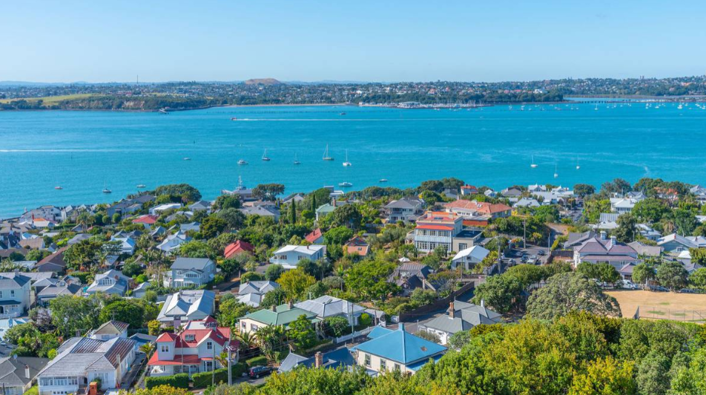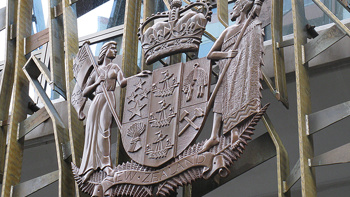First-home buyers appear to be getting squeezed from the market as investors buy a record share of properties in what is being called the biggest housing boom in 20 years.
Analysts CoreLogic said first-home buyers still managed to buy just over one in five of the homes sold last month, however, it was their lowest share of new purchases in three years.
Investors using home loans to buy, meanwhile, snapped up 30 per cent of all properties sold last month, their highest percentage share on record.
It came as New Zealand's January house prices were 19 per cent higher than a year earlier, the highest annual jump since the mid-2000s, economists said.
CoreLogic senior property economist Kelvin Davidson said it seemed some investors had rushed to buy before new rules came into effect next month, forcing them to raise bigger deposits in order to gain access to bank home loans.
It meant signs had emerged "that first-home buyers might finally be starting to struggle harder with ever-rising property values and hence deposit requirements", he said.
The squeeze on first-home buyers and sky-rocketing January prices helped heap more pressure on the Government and other housing figures seeking ways to create a more affordable market.
National median house prices jumped to $730,300 last month, up from $612,000 last January, the Real Estate Institute revealed yesterday.
Auckland prices jumped 15 per cent to $1 million, up from $870,000 in January 2020.
ASB senior economist Mike Jones described the numbers as "jaw-dropping".
"That is a high not seen since 2004, a boom year for the New Zealand economy [when] GDP growth exceeded 6 per cent," he said.
Prime Minister Jacinda Ardern was earlier among those promising action on house prices.
"We can't stand by while house prices increase at the unsustainable rates of 2020," she said last month.
The Government has promised to introduce new planning laws to try and tilt the market towards first-home buyers and boost the supply of all kinds of housing from public to affordable housing.
It was also looking at other measures to take heat out of the market.
That has led so-called loan-to-value ratios - which stipulate how much money a home buyer must stump up as a deposit to access a home loan - to be increased.
They were earlier scrapped last April at the height of economic fears over the Covid-19 pandemic in a bid to ensure they didn't interfere with Government stimulus and relief measures.
However, this together with record low interest rates - that made borrowing cheaper than ever - had led many home buyers to rush to buy property, experts said.
Westpac chief economist Dominick Stephens has long pinpointed low interest rates as the biggest driver in recent house price growth.
To curb some of this demand, the Reserve Bank announced last Tuesday tougher LVR rules were set to come in for investors from March 1, requiring most to put together at least a 30 per cent deposit before being granted approval for a home loan.
Then from May they will need to raise a 40 per cent deposit. Most owner-occupier buyers will need a minimum 20 per cent deposit.
CoreLogic's Davidson said the jump in investors buying homes in January added "weight to the Reserve Bank's decision to move back to a 40 per cent deposit for investors sooner rather than later".
He also said he suspected it was the smaller "mum and dad" investors on the hunt for returns, who were likely the biggest group rushing in to buy before the new lending rules came in.
But in a slice of hope for first home buyers, he suspected some of these investors would drop out of the market once the new rules came in.
He also tipped some market easing ahead because prices were stretching beyond the limits of many.
"The growth in property values is also likely to slow (also simply because of the wider affordability pressures in the market), but outright falls still seem off the cards for now," he said.
Take your Radio, Podcasts and Music with you










